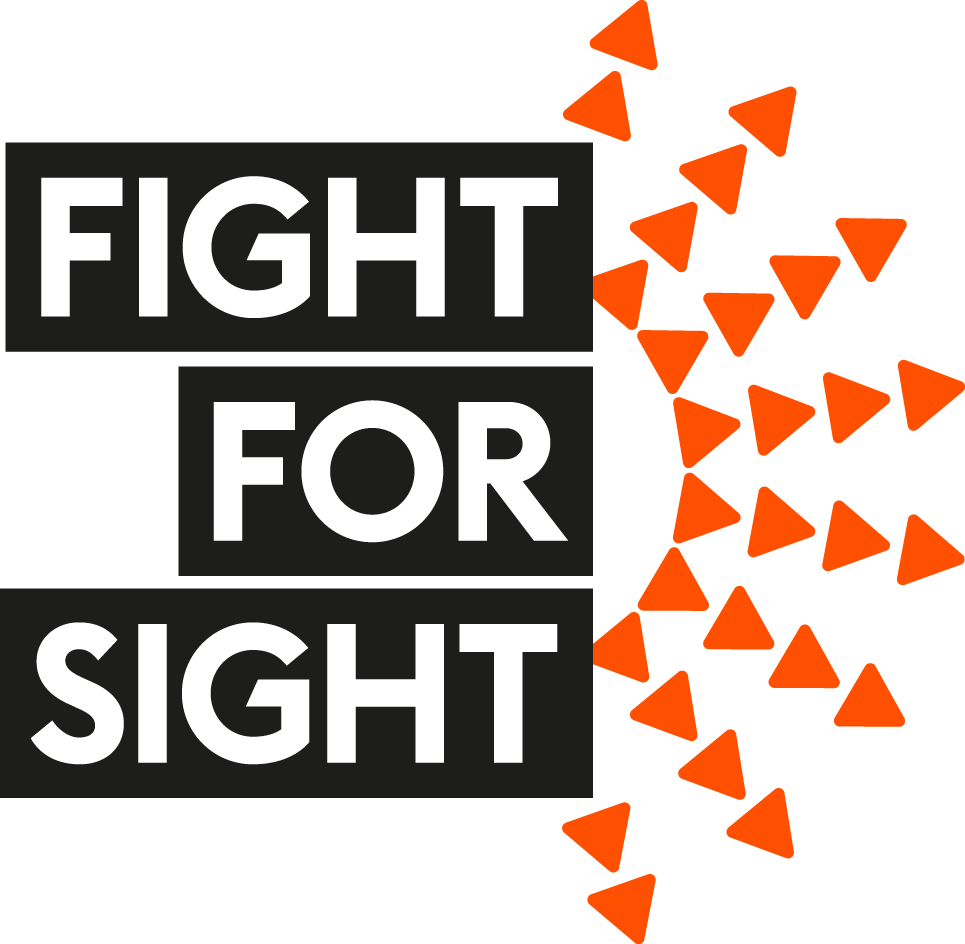Gene therapy for choroideremia gets ‘orphan drug’ status
UK and USA regulators approve the incentive to develop treatments for rare conditions
The biopharmaceutical company Nightstar has received ‘orphan drug’ status in the UK and USA for a gene therapy to treat choroideremia.
The European Medicines Agency and the US Food and Drug Administration grant orphan status to drugs that are being developed for rare conditions. Their aim is to give an incentive to develop drugs that might otherwise not be considered profitable.
Choroideremia is a rare inherited cause of severe sight loss that only affects the male population. Symptoms start in childhood with trouble seeing at night and eventually lead to complete blindness by around the age of 40. There is currently no treatment.
Initial work supported by the Tommy Salisbury Choroideremia Fund at Fight for Sight enabled researchers at Imperial College London to identify the function of the CHM protein, which is mutated in choroideremia.
A team led by Professor Robert MacLaren at Oxford’s Nuffield Laboratory of Ophthalmology then developed the ground-breaking gene therapy. The world’s first clinical trial of the therapy reported promising results in The Lancet in 2014.
Improved vision
Six months after treatment with this therapy, the first six patients reported that their vision had improved in dim light. Two of the six were also able to read more lines on the eye chart.
Nightstar was formed to take the therapy to clinic. The start-up company has already attracted a £17 million investment from Wellcome Trust subsidiary Syncona.
“Getting orphan drug status is a key step towards having an effective treatment available for people with choroideremia,” said Michèle Acton, Chief Executive of Fight for Sight. “It can give the developer benefits such as tax incentives which help offset the huge cost of developing a new treatment.”


